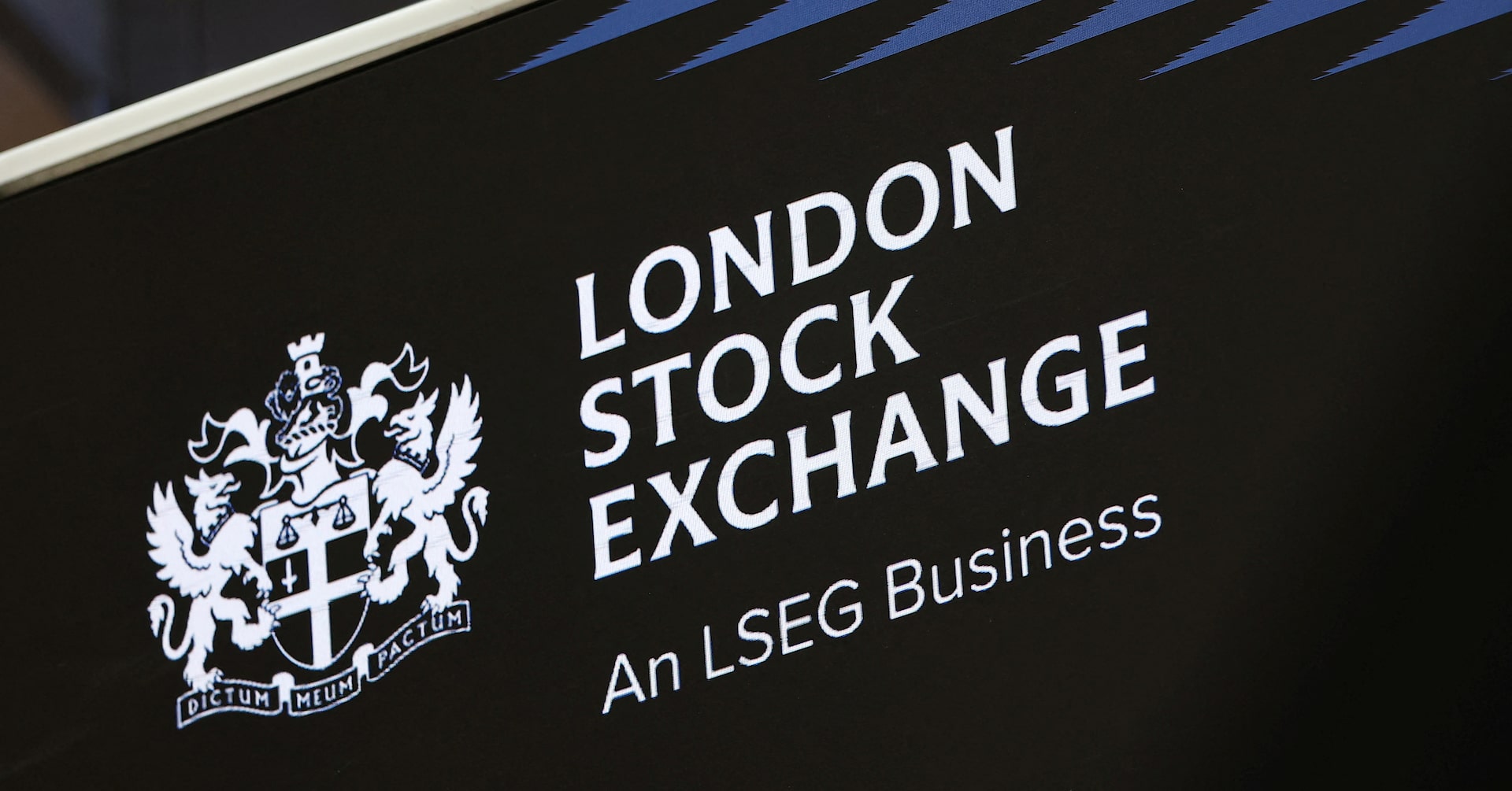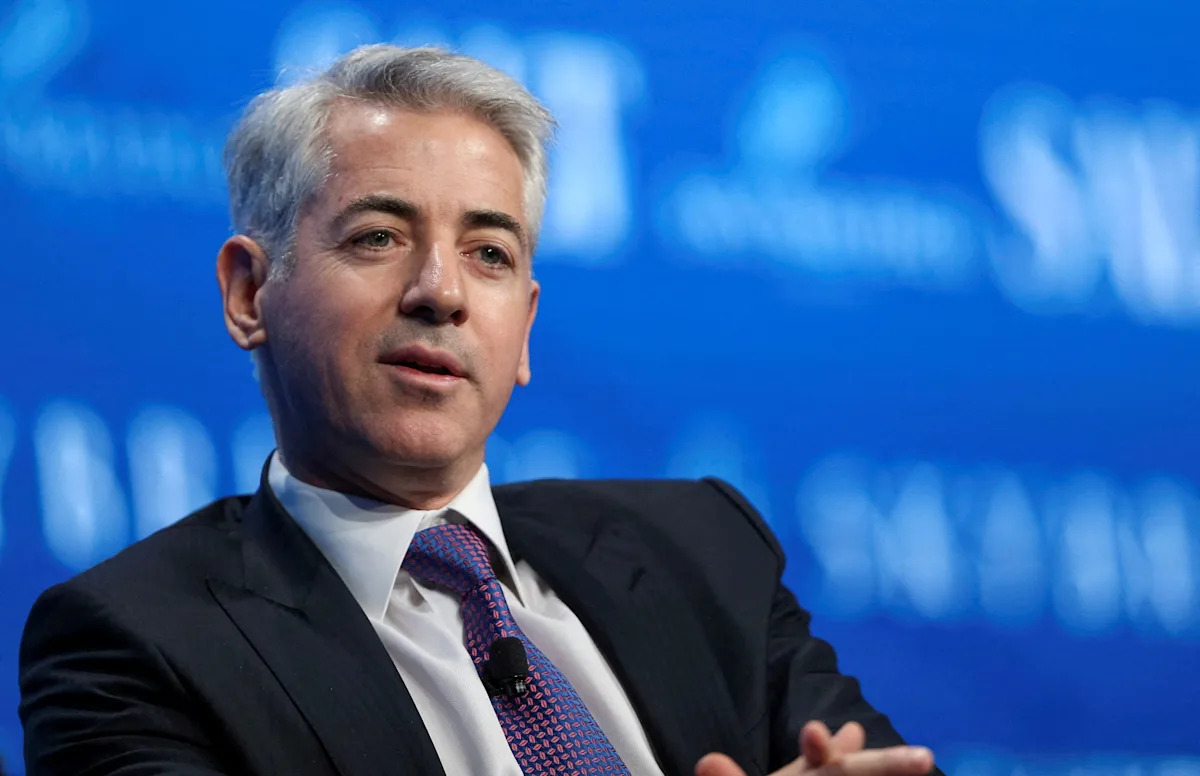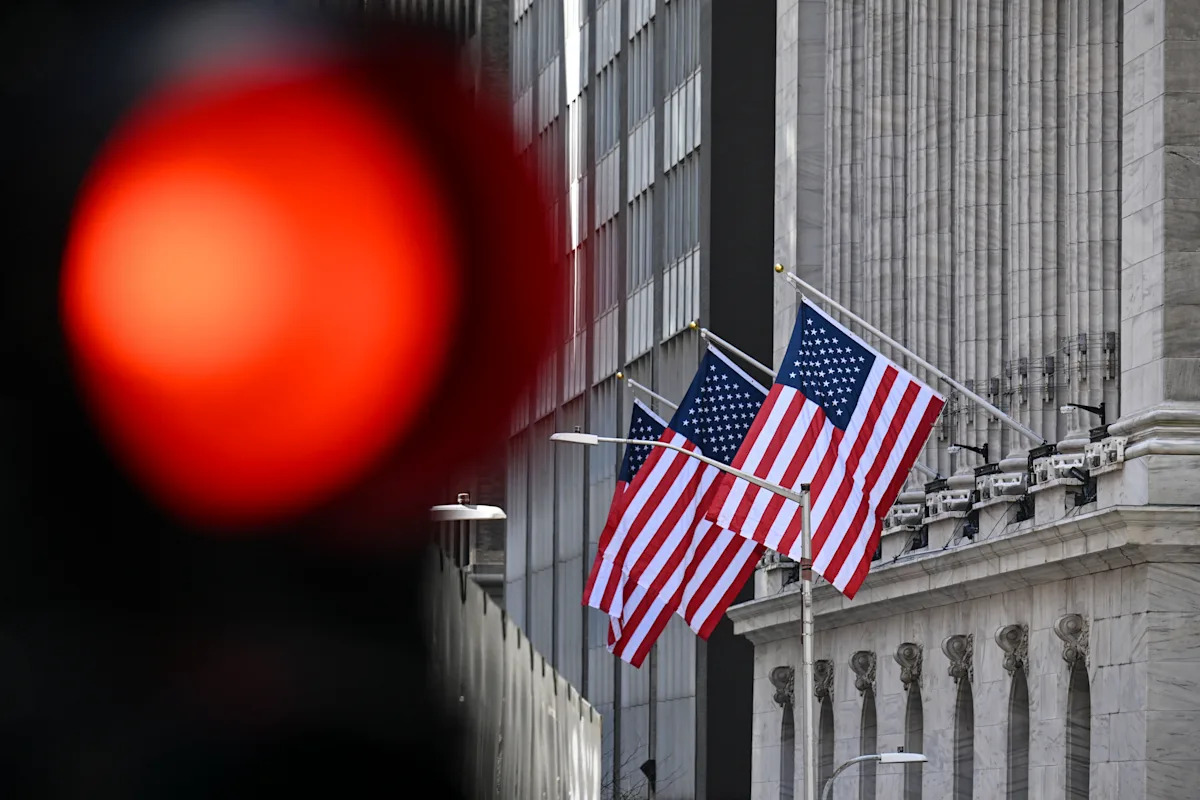Financial Regulators Uncover Potential Breach: LSEG's Radio Spectrum Monopoly Under Scrutiny

In a significant move that could shake up the high-frequency trading landscape, Britain's financial regulator has launched an investigation into potential anti-competitive practices involving the London Stock Exchange Group and its data centre landlord. The probe centers on allegations that access to the building's rooftop—a critical location for high-speed trading infrastructure—may have been deliberately restricted, potentially stifling fair competition in the financial technology sector.
The Financial Conduct Authority (FCA) is carefully examining whether the parties involved intentionally blocked other traders from accessing the rooftop, which is crucial for setting up high-speed communication networks that can provide millisecond advantages in trading. Such restrictions could potentially give the London Stock Exchange Group an unfair competitive edge in the ultra-fast world of electronic trading.
This investigation highlights the increasingly complex and technical nature of modern financial markets, where physical infrastructure can be just as important as digital platforms in determining trading success. The outcome could have significant implications for how financial institutions and technology providers operate in the high-frequency trading ecosystem.








